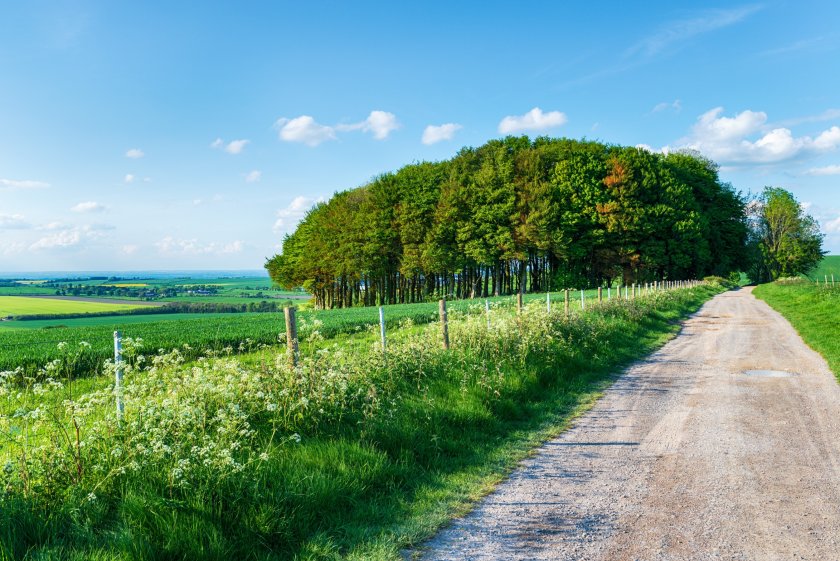
Rural campaigners have welcomed Labour's U-turn on its pledge to create a Scottish-style right to roam in the English countryside if elected.
Instead of an assumed right of access, the party now says it will find other ways to create more access to land in England, after opposition from rural groups.
Wales, like England, is under the Countryside and Rights of Way Act (CROW) meaning there is a right to walk on open country and “registered common land”.
England and Wales have 140,000 miles of designated footpaths, giving access to the countryside and rights of way, which rural campaigners say are rarely used.
Campaigners say the footpath network has the advantage of giving controlled access in specific areas, whilst restricting disturbance of more sensitive sites.
The former shadow nature minister Alex Sobel said earlier this year: “Labour’s approach, like in Scotland, will be that Labour’s right to roam will offer access to high-quality green and blue space in the rest of Britain.
"We will replace the default of exclusion with a default of access," he told parliament.
The Countryside Alliance warned Labour against adopting a right to roam policy, arguing that it represented "not only an attack on the very concept of land ownership, but risks having a devastating impact on fragile ecosystems and wildlife".
The Country Land and Business Association (CLA) added that a right to roam policy would have 'unknown consequences' for farming and public safety.
Labour said this approach had now changed, and that instead they were working with rural groups to find ways to increase access without giving a widespread right to roam, where access is assumed across the whole country. The shadow ministerial team is considering reforming CROW.
Toby Perkins, who since September has been the shadow nature and rural affairs minister, told The Guardian the party "absolutely want to see access extended".
He said: "Do we need to tread very carefully on this? Absolutely. We want to increase access to nature but we also need to look at it in terms of farmers and working collectively with them rather than a top-down approach.”
The shadow Defra secretary, Steve Reed, said that he would be “astonished” if increased access to nature would not be in the next Labour manifesto.
However, he added there was a need to “respect the needs of farmers, producers and growers not to have their crops damaged”. He said Labour would be producing a white paper on access to nature.
Welcoming the news, Tim Bonner, chief executive of the Countryside Alliance, described the move as "sensible".
He said: "There is room for everyone who wants to access the countryside to do so through our existing network and that is something the alliance is very keen to promote.
"What we have fundamental concerns about, however, is the impact on wildlife and sensitive habitats of unmanaged access on a much greater scale than is currently the case.
"We support more access to the countryside but not an ideological battle over a ‘right to roam’ that won’t deliver for anyone".
CLA President Mark Tufnell said right to roam would be 'disastrous' for farming, wildlife and the environment, as creating a ‘free for all’ would destroy crops and delicate habitats.
“The CLA warmly welcomes Labour’s reported position and will continue working closely with the party to define and support responsible access to the countryside.
“The ‘right to roam’ campaign promotes ignoring public rights of way and open access land in favour of trespassing on private land.
“Many farmers also give unofficial, permissive access of their own volition, and it is vital that landowners and walkers work together in the spirit of mutual respect and co-operation.”
